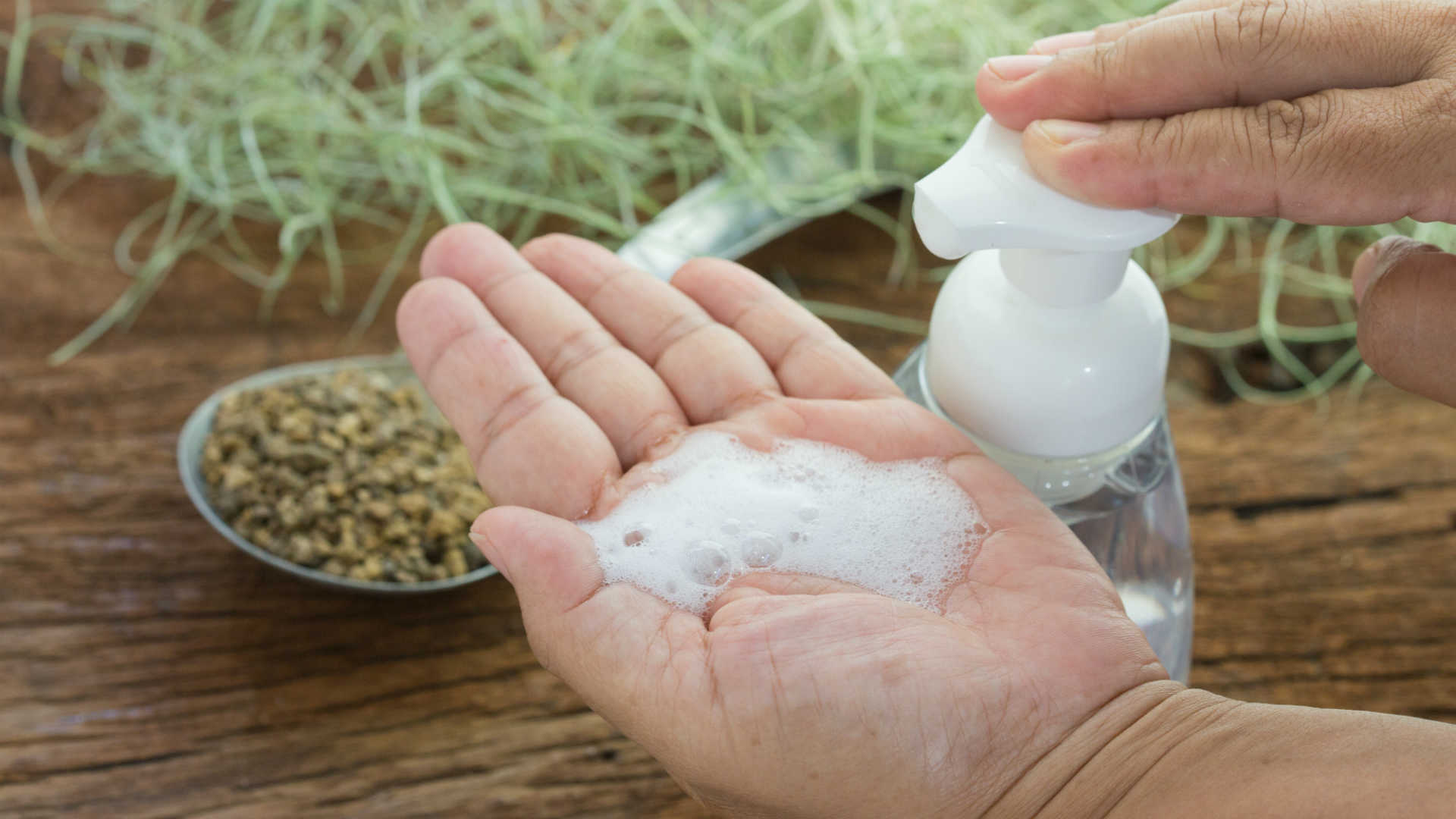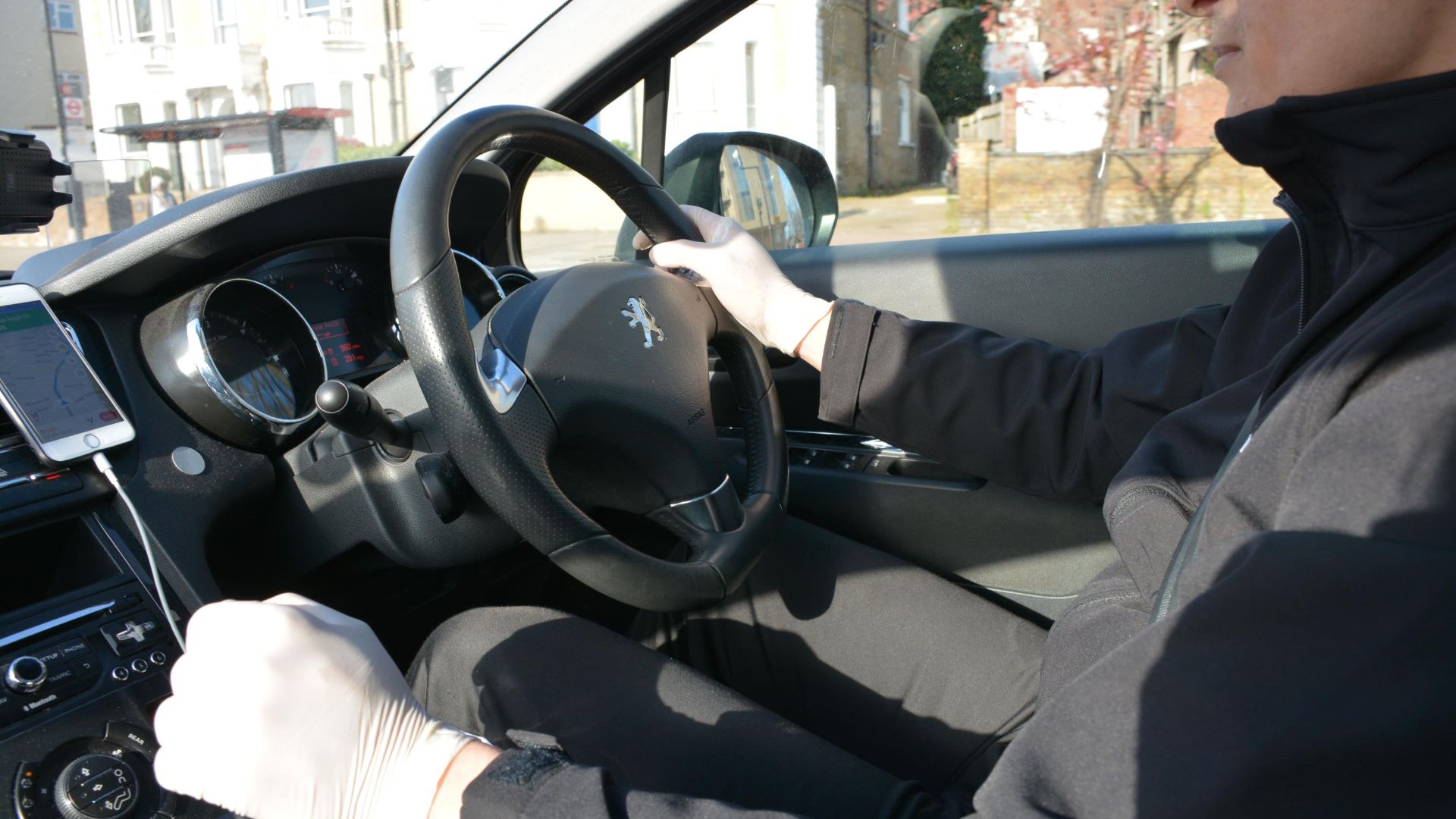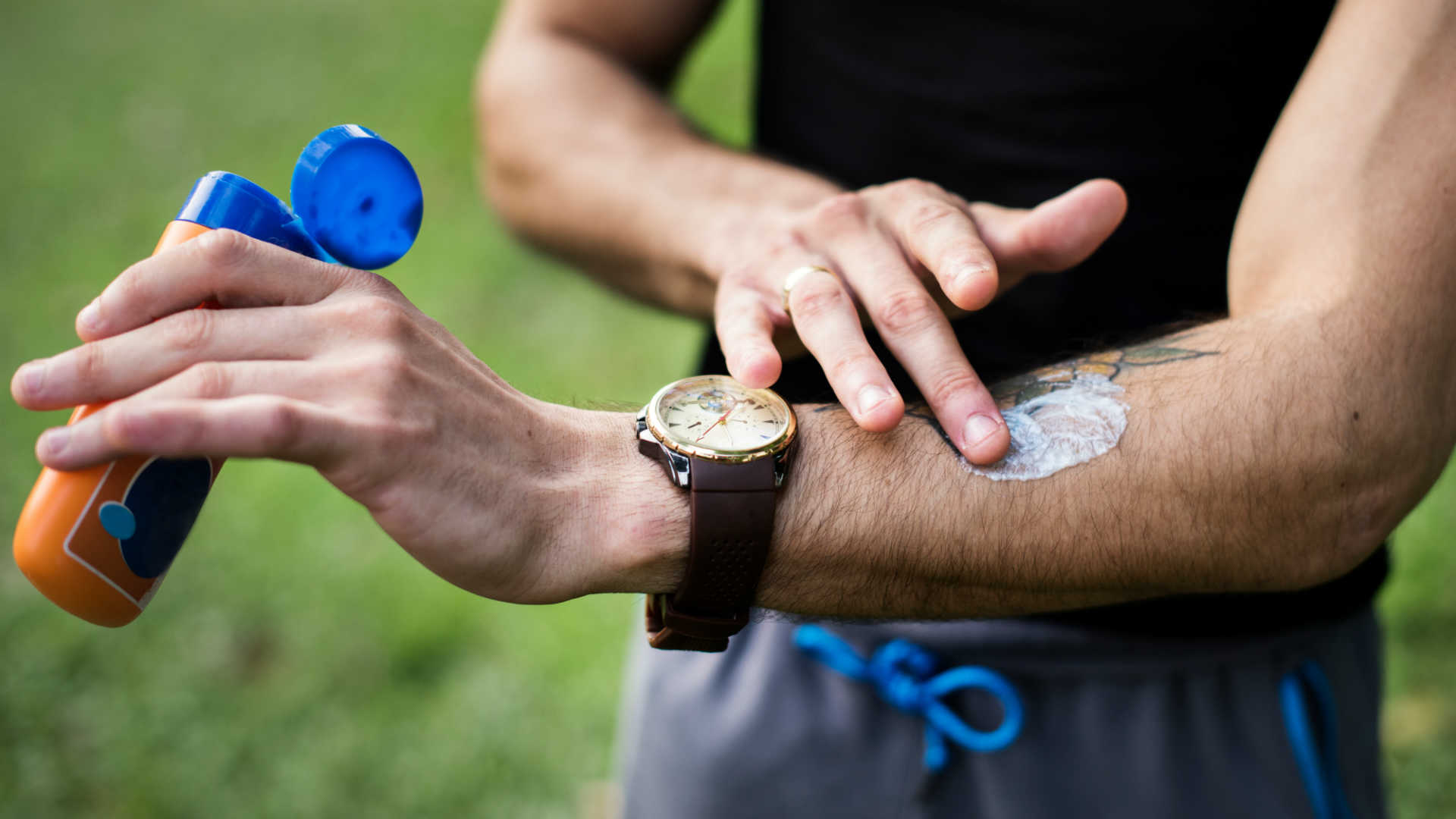
After more than a year of living with Covid-19, we’re all accustomed to using hand sanitiser. However, the product can be bad news for your car’s interior.
Ford engineers have warned that chemicals found in everyday products, including hand sanitisers, sun lotions and insect repellent, can cause interior surfaces to wear prematurely.
Many hand sanitisers contain ethanol, a simple type of alcohol.
Meanwhile, higher protection sun lotions contain greater quantities of titanium oxide. This can react with plastics and natural oils found in leather.
Another harmful chemical, diethyltoluamide or DEET, is found in insect repellents.

The result is a chemical attack on your car’s interior. Fortunately, even in times of lockdown, there is a straightforward solution: wear gloves.
Disposable gloves may remove the need for hand sanistiser and protect your car’s interior into the bargain. Just remember to throw them away immediately after use.
As for the damage caused by sun cream and insect repellants, wearing long trousers or fitting seat covers could help.
At all times, prioritise your safety – and that of others – over the condition of your car.
Testing car interiors

Mark Montgomery, senior materials engineer at Ford’s Material Technology Centre, said: “From hand sanitisers to sun lotions to insect repellent, consumer trends are constantly changing.
“Even the most innocuous seeming product can cause problems when they come into contact with surfaces hundreds of times a year.”
The teams test at extreme temperatures to replicate the inside of a car parked at the beach on a hot day.
In other tests, the engineers subject samples with ultra-violet light, equivalent to the brightest place on earth, for up to 48 days.
Based on the findings, Ford reformulates the chemical constitution of protective coatings to protect interiors. The same tests are also used for accessories, such as boot liners and plastic covers.
Sometimes what we do requires a bit of detective work,” said Richard Kyle, Ford materials engineer, based in Dunton.
“There were instances of particularly high wear in Turkey. We managed to trace it back to ethanol potentially being a contributing factor, and most likely a popular hand sanitiser that contained 80 percent ethanol. That’s far higher than anything we’d seen before.
“Once we knew what it was, we were able to do something about it.”
ALSO READ:
How to deep-clean the interior of your car
I didn’t know that the chemicals found in a hand sanitizer can potentially damage our car leather. My husband was saying that he wants to buy more hand sanitizer for everyone in the family since we are all heading back to work soon. I will have to remind them not to use their hand sanitizer only for cleaning their hands.